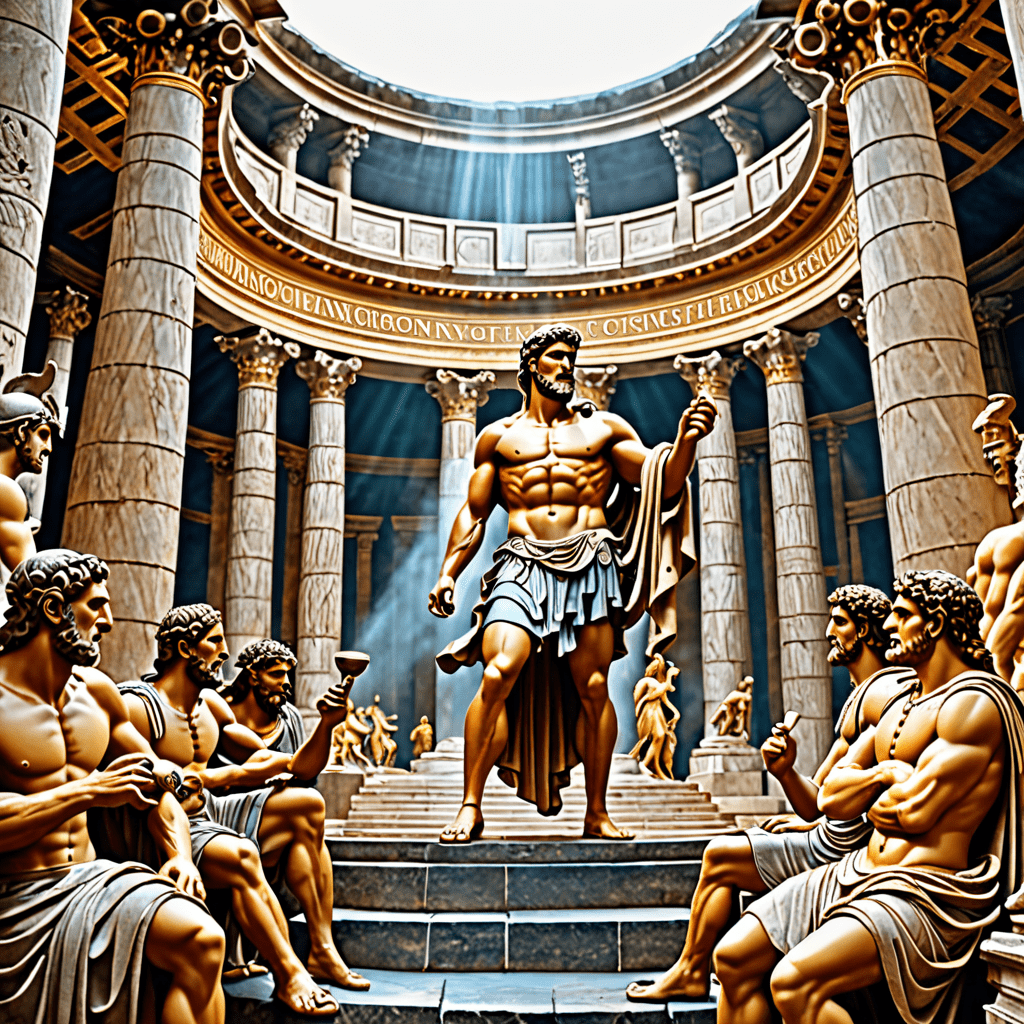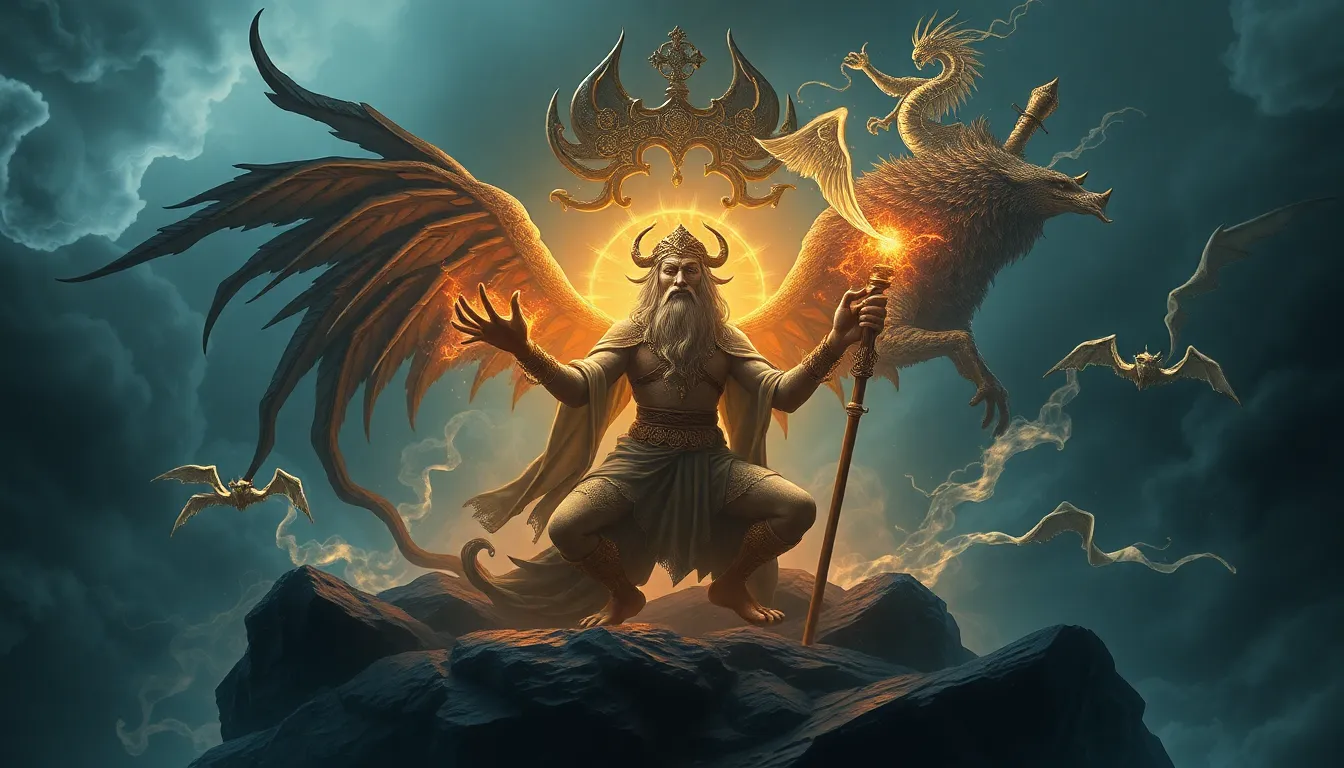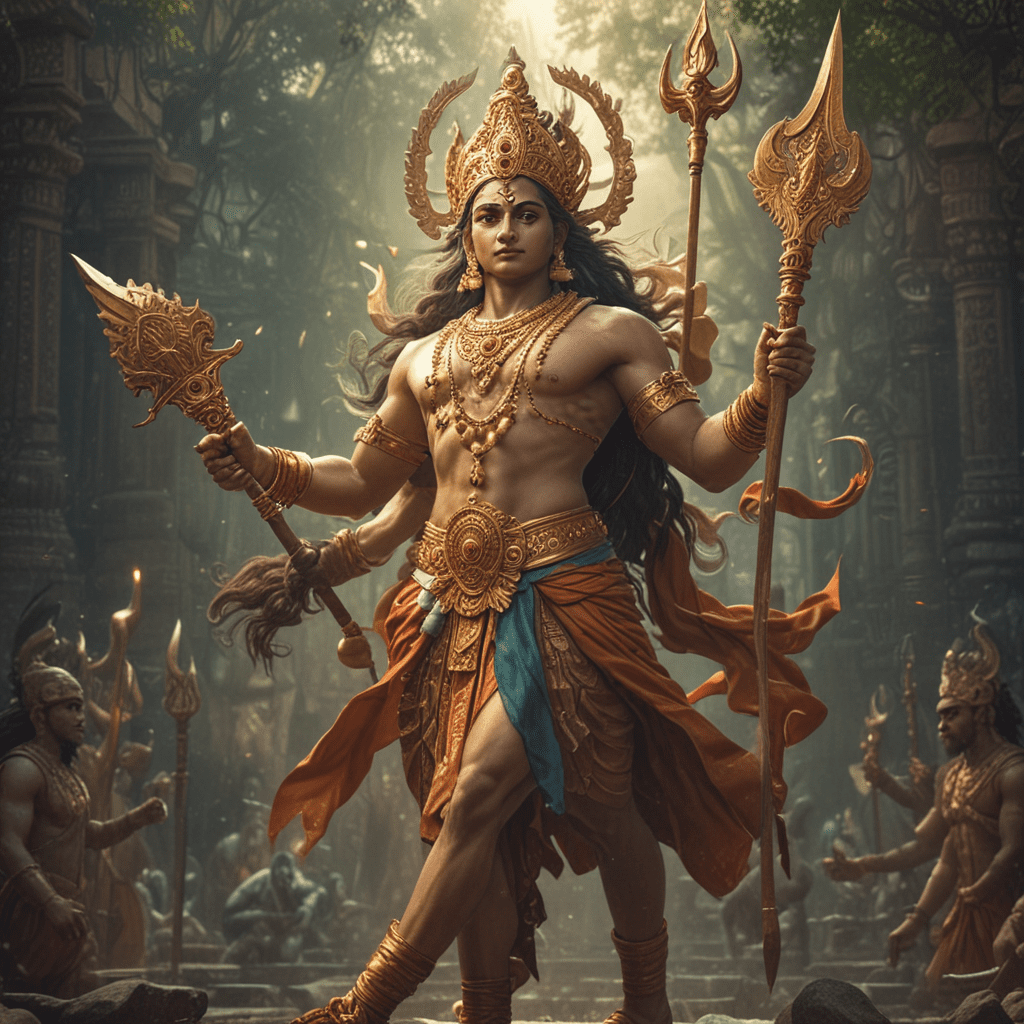Roman Mythology: Gods of Travel and Exploration
Introduction to Roman Mythology
Roman mythology is rich with a pantheon of gods and goddesses who governed various aspects of life. Among these deities, there were several gods specifically associated with travel and exploration.
Mercury: The Messenger God
Mercury, known as the Roman counterpart of the Greek god Hermes, was the divine messenger of the gods. He was also the god of commerce, eloquence, and travelers. Carrying a caduceus, a herald’s staff entwined with two serpents, Mercury was revered as the god who guided souls to the underworld.
Bonus : Jupiter, Juno and Apollo for Travel and Exploration
Jupiter, the king of the gods, Juno, queen of the gods, and Apollo, god of the sun and light, also played important roles in journeys and expeditions. Jupiter was often called upon by travelers for protection during their voyages, Juno presided over safe passages, and Apollo illuminated the paths of those embarking on new adventures.
Exploring Mythological Stories
These gods of travel and exploration were frequently featured in mythological tales that recount their interactions with mortals. Whether aiding heroes like Aeneas in their quests or teaching valuable lessons through divine interventions, these deities exemplified the importance of travel and discovery in Roman culture.
FAQ: Roman Mythology: Gods of Travel and Exploration
Who are the main gods of travel and exploration in Roman mythology?
In Roman mythology, the main gods associated with travel and exploration are Mercury and Apollo. Mercury is the messenger god and also the god of travelers, commerce, and communication. Apollo, known for his connection to the sun, light, and healing, is also associated with journeys and maintaining order during travels.
What attributes are commonly associated with the gods of travel and exploration in Roman mythology?
The gods of travel and exploration in Roman mythology are often depicted with wings on their helmets or sandals, symbolizing speed and swift movement. They are also shown carrying a caduceus, a winged staff with two snakes, representing commerce and negotiation.
How were these gods worshipped by the ancient Romans?
Ancient Romans worshipped the gods of travel and exploration by offering prayers, sacrifices, and various rituals at temples dedicated to Mercury and Apollo. Travelers often sought the gods’ protection and guidance before embarking on journeys.
What significance do these gods hold in Roman mythology?
The gods of travel and exploration played a vital role in Roman mythology as they were believed to watch over travelers, guide them safely to their destinations, and ensure successful ventures. They were revered for their protection, communication, and influence on journeys undertaken by mortals.



